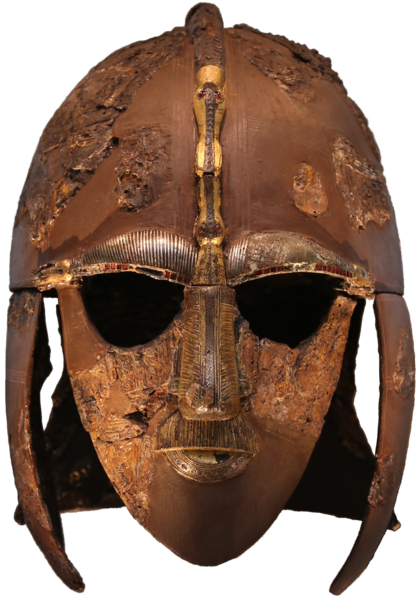European & Middle Eastern Dragons
Dragons are legendary creatures that are some of the oldest creatures in existence. Aboleths and Star Spawn are the two creatures possibly older than dragons. Along with the Giants, dragons are old enough to have seen sentient life continually spring up, create civilisations, and have these civilisations fail in time. Both of these have had a mutual hatred of each other since they walk the earth. Although giants can be traced back to beings from other worlds like Johanheim, or initially being born from gods, the dragons have a murkier past.
These dragons, at least the European & Middle Eastern variants, were born in the earliest days by gods and demigods, and are linked to many deities. Tiamat is sometimes linked to the chromatic dragons as a mother figure, and Leviathan is linked to the same as being the father of them. Sometimes they are the parents of all dragons including metallic dragons too. Sometimes, they were created specifically by a god to look after the world, though in many surviving religions they are viewed as being evil, even the metallic dragons. This is in part due to the sheer destructive force one adult or ancient dragon can do. Also, certain apocryphal texts, such as the Christian New Testament talking of a seven headed dragon with ten crowns bringing the Whore of Babylon to earth in Revelations as part of the End of Days.
What is known for certain is that dragons will attack giants on sight, and vice versa. Also, chromatic dragons are usually of an evil bent, while metallic dragons are more goodly in outlook. Though both are feared, hated, and killed if found early enough. All hoard treasure, and will fiercely defend their hoards. All are winged, reptilian, grow to a huge size, have a breath attack, and four legs. Many related creatures exist too, though many have a lineage caused by mutation, the products of magic, or experiments, all of which has happened somewhere in the distant past.



Comments